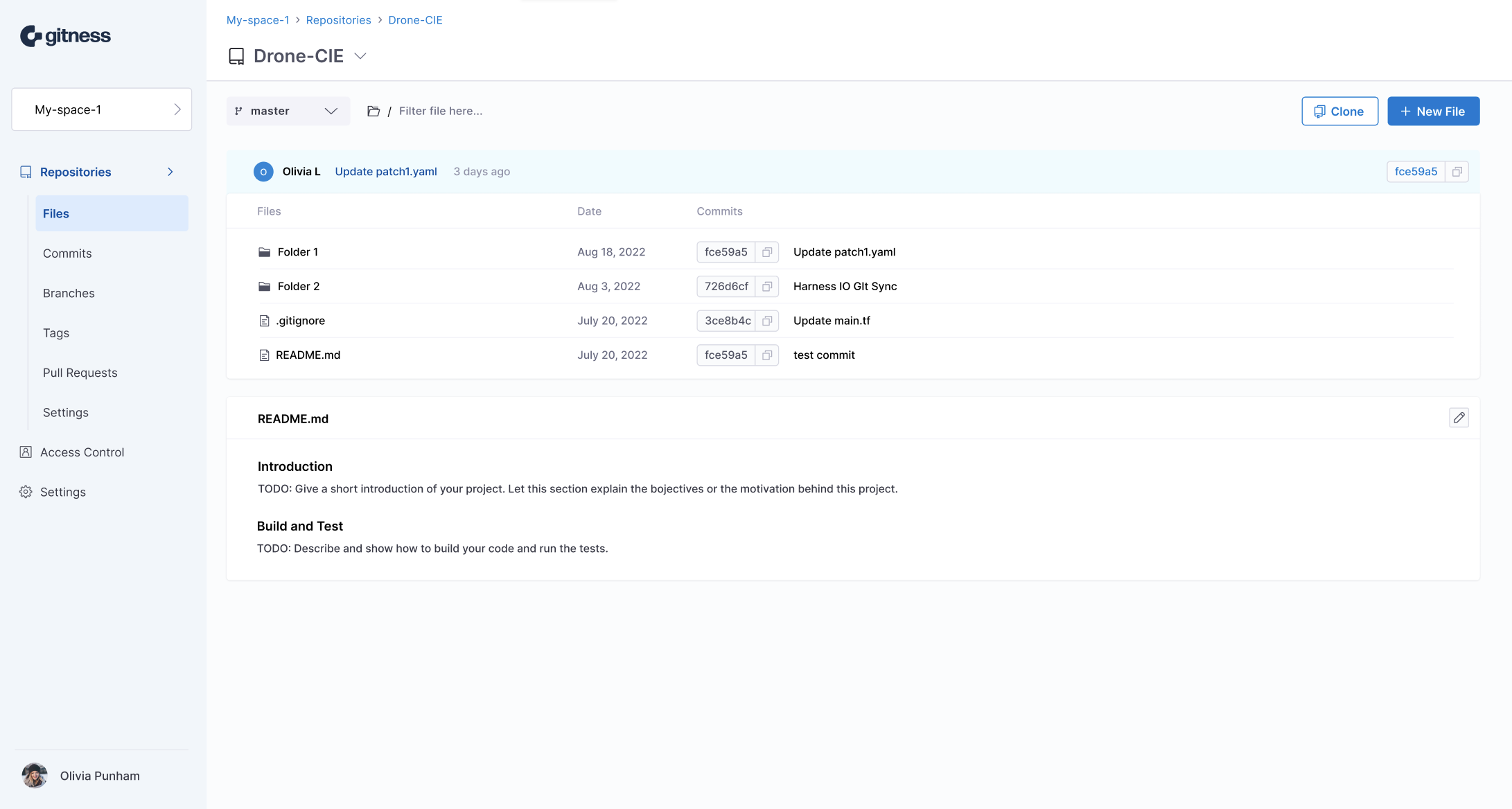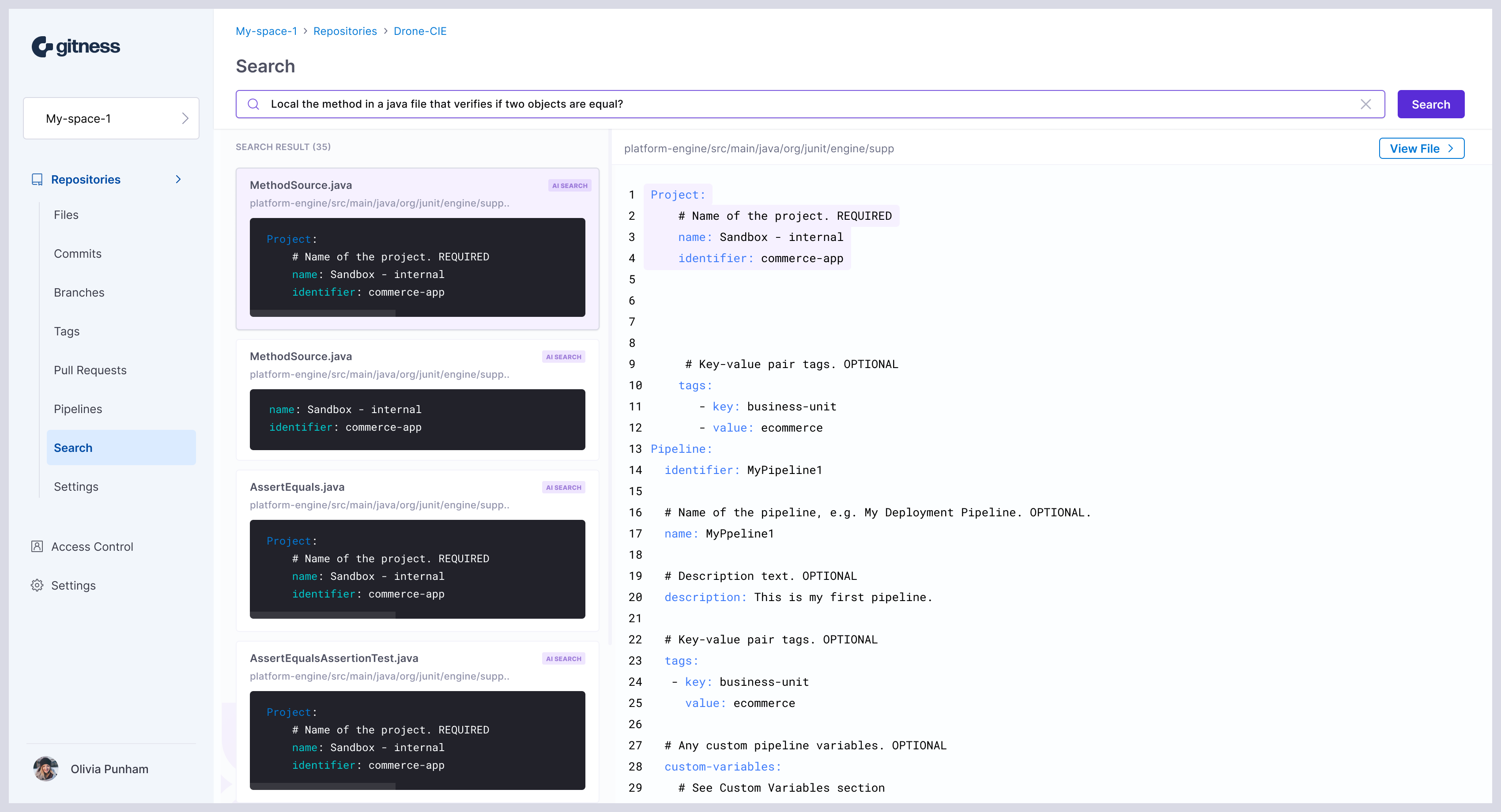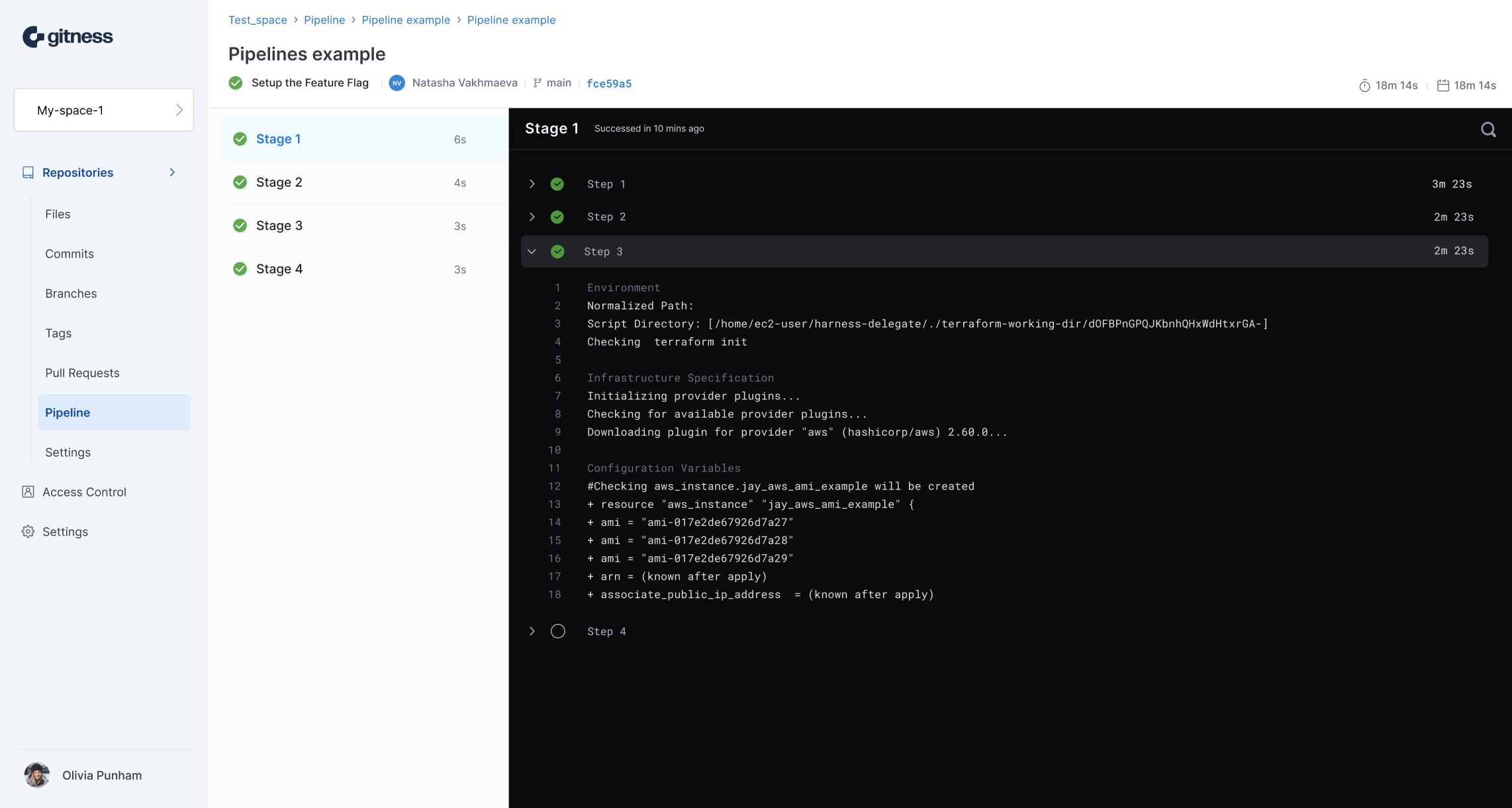Since its launch in 2017, Harness, the software delivery platform founded by AppDynamics founder and CEO Jyoti Bansal, expanded from being continuous code deployment to covering continuous integration, feature flags, cloud cost management, security testing orchestration, chaos engineering and more. But even though it focused heavily on GitOps, it never offered its own Git repositories. That’s changing today with the launch of the Gitness open-source Git repository and the Harness Code Repository, the hosted and managed version of Gitness.
“There hasn’t been a new Git repo launch in almost a decade,” Bansal told me. “Now you have GitHub, GitLab, Bitbucket from Atlassian, but that’s really it. […] If you look at any of the git repos, whether it’s GitLab or GitHub or Bitbucket, they don’t have the true one source ethos around them anymore. We strongly believe that Git started as open source, so let’s bring the true open-source ethos back to Git repos.”
Bansal also argued that current Git repo services have become too complicated and bloated. Gitness, he noted, can run on the smallest virtual machine — or a developer’s laptop — and be set up in a few minutes. The system also seamlessly integrates with Harness’ CI/CD system and other tools.
He noted that since the company is only building this service now, Harness was able to build in some AI functions right from the start. Currently, this includes enhanced search features and AI-infused tooling for code reviews and other core features of the platform.
Harness started working on this project a few years ago, Bansal told me, and most of the company’s own 350 developers have already switched to the Harness Code Repository. The company already offers the tooling to make it easy for any company to switch to Gitness or the Code Repository and for most developers, there isn’t much of a change either, given that they are likely using Git from the command line anyway. For those times that developers want to use the graphical user interface, Harness decided to build it in a way that would feel familiar (think GitHub-like).
“Someone coming from GitHub to Gitness, the cognitive load of the transition will be extremely, extremely low,” Bansal said. “In probably 5 to 10 minutes, people will be able to find their way around.”
While Gitness provides many of the core features, the Harness Code Repository unsurprisingly adds features like advanced governance, policy enforcement and additional integrations with the rest of the Harness Platform. Bansal also noted that the hosted version will make it much easier for companies to scale to thousands of developers.
In addition to Gitness, Harness is also launching a few additional modules to its overall platform. There’s the internal developer platform, based on Spotify’s Backstage open source framework for building developer portals, and a supply chain assurance module. Both of these fill existing gaps without the Harness platform.
Also new is the Harness Infrastructure as Code Management (IaCM) service. With more and more companies now defining their infrastructure as code — and mostly using Git to manage this code — the Harness team decided that it was time to build a dedicated service for this. The IaCM module expands on the standard GitOps-based way of managing this code by adding features like drift detection to see if a company’s infrastructure is starting to deviate from what was originally defined, for example. The service also enforces security and compliance standards.
“There is really no orchestration layer on top of infrastructure as code and that’s the big gap that we have heard about from a lot of our customers,” Bansal said.



